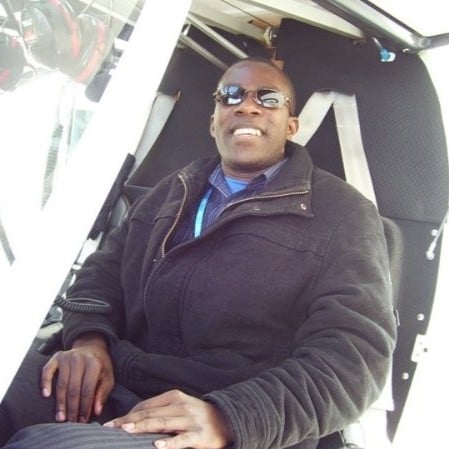A former senior lecturer at Keyll Darree has told a tribunal he was discriminated against on the grounds of his race.
Raymond Dzingai Ndengeya, a specialist in cognitive behavioural therapy, is accusing Manx Care of constructive dismissal.
His employment tribunal case began this week and was due to be heard over three days.
Mr Ndengeya, formerly of Ballafesson, Port Erin, but now living in New Zealand, claims his request for a year-long sabbatical was denied because of his race.
He gave evidence via video link from New Zealand, where he is currently associate charge nurse manager at Te Whatu Ora Health.
Mr Ndengeya was senior lecturer at the Cabinet Office in the Office of Human Resources for six years until June last year and was cognitive behavioural therapy programme director for University College Isle of Man.
The latter position involved setting up the programme, liaising with relevant stakeholders and delivering the course at Keyll Darree, the training centre based on the Noble’s Hospital site.
He told the tribunal that he requested the sabbatical because he had suffered ‘burn out’ over his workload and needed time to recharge.
When this was denied he claims he was left with only two options - to resign or sacrifice his mental health. He argued that his request was rejected on racial grounds because a female colleague had a similar request approved.
But Manx Care says he had simply wanted to return to New Zealand and had two full-time permanent job offers there when he made his request for a sabbatical.
Giving evidence on the second day of the tribunal was Manx Care chief executive Teresa Cope.
The complainant referred her to references from a former colleague. ‘Is this someone you would just let go or someone you would fight for to ensure they would stay?’ he asked.
Mr Ndgengaya said there were two inconsistent responses to his sabbatical request from his managers – with one saying that as he was going to leave anyway, he might as well be given a sabbatical and the other saying his request should be refused because he wanted to leave.
Ms Cope said: ‘I think the circumstances were slightly different.’
She said discussions with him had started some months earlier and support had been offered including the option of going part-time to try to manage his workoad.
Ms Cope said she only found out later that he was seeking a sabbatical to undertake a new role very similar to the one he was doing at Keyll Darree.
She described the move to New Zealand as a ‘significant life move’ which took ‘quite considerable planning’.
She said what he had been seeking was really a secondment.





Comments
This article has no comments yet. Be the first to leave a comment.